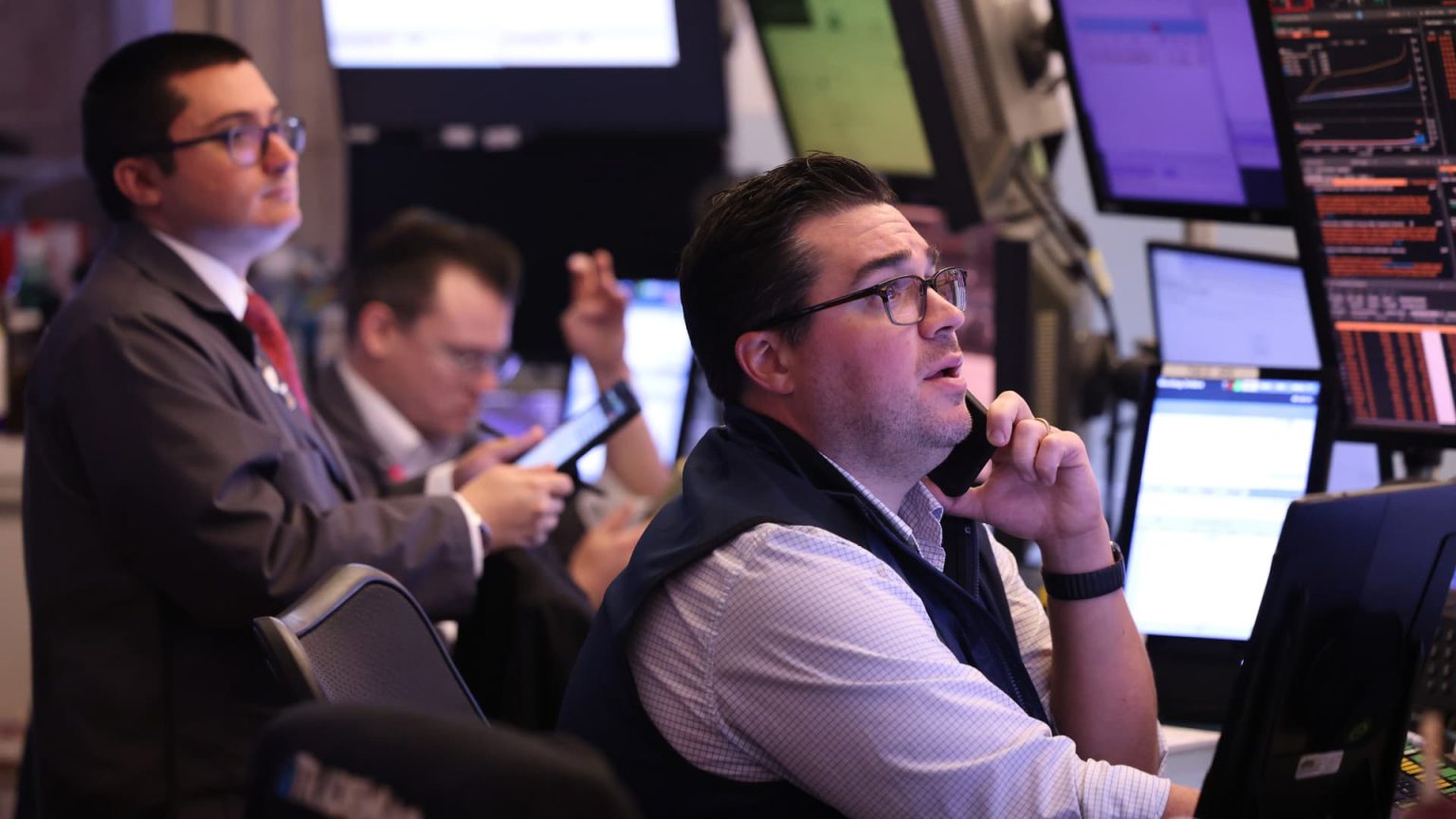Stock futures were mostly flat on Tuesday evening as Wall Street prepared for a key inflation report. Futures tied to the Dow Jones Industrial Average and the S&P 500 dipped slightly, while Nasdaq 100 futures were unchanged. Despite the modest movement in futures, the stock market saw a broad rally on Tuesday, with the Dow rising over 400 points, the S&P 500 climbing 1.7%, and the Nasdaq Composite gaining 2.4%. All three major averages are now above their pre-sell-off levels from August 2, raising concerns among some Wall Street professionals about the speed of the rebound.
Mohamed El-Erian, Allianz chief economic advisor, expressed surprise at the rapid and substantial bounce back in the market. He noted that while the rebound was expected, the magnitude of it was unexpected. The market received a positive boost on Tuesday with the producer price index report showing lower inflation than anticipated. The consumer price index report scheduled for Wednesday could further influence trading activities in the upcoming session. Despite the favorable inflation data, concerns remain about the softening U.S. labor market, which could overshadow any positive news related to inflation.
Investors are wary of recent signs indicating a softening labor market, with El-Erian expressing more concern about unemployment risks than inflation risks. While a lower-than-expected CPI report might provide some relief to investors, it may not be sufficient to ease worries about weakening employment trends. The optimism surrounding inflation data might be overshadowed by broader economic concerns, leading to continued volatility in the market. Market participants are closely monitoring economic indicators and labor market data to assess the overall health of the economy and potential risks to future growth.
The global market sell-off on August 5, prompted by trade unwind in Japan and concerns about economic growth, had a significant impact on market sentiment. The subsequent rebound in stock prices has raised questions about the sustainability of the recovery and potential risks that could derail the positive momentum. The volatility in the market has been driven by a combination of economic data, geopolitical events, and investor sentiment, highlighting the complex factors influencing stock price movements. Investors are advised to exercise caution and closely monitor market developments to make informed decisions based on changing conditions.
The speed of the rebound has surprised many market participants, with some expressing unease about the rapid pace of recovery. The resilience of the stock market in the face of uncertainty and volatility has been a key theme in recent weeks, with investors navigating a challenging environment characterized by external shocks and internal dynamics. The upcoming inflation report and labor market data will provide further insights into the health of the economy and potential risks that could impact investor sentiment. Market participants are advised to stay focused on long-term goals and avoid knee-jerk reactions to short-term fluctuations in stock prices.
Overall, the stock market’s performance continues to be influenced by a range of factors, including economic indicators, geopolitical events, and investor sentiment. The recent rebound in stock prices following the global market sell-off has raised questions about the sustainability of the recovery and potential risks that could impact market stability. Investors are encouraged to stay informed, exercise caution, and seek professional advice when making investment decisions. The upcoming inflation report and labor market data will be closely watched for insights into the broader economic landscape and potential challenges ahead. As the market remains volatile, it is essential for investors to stay vigilant and adaptable to navigate changing conditions and manage risks effectively.


